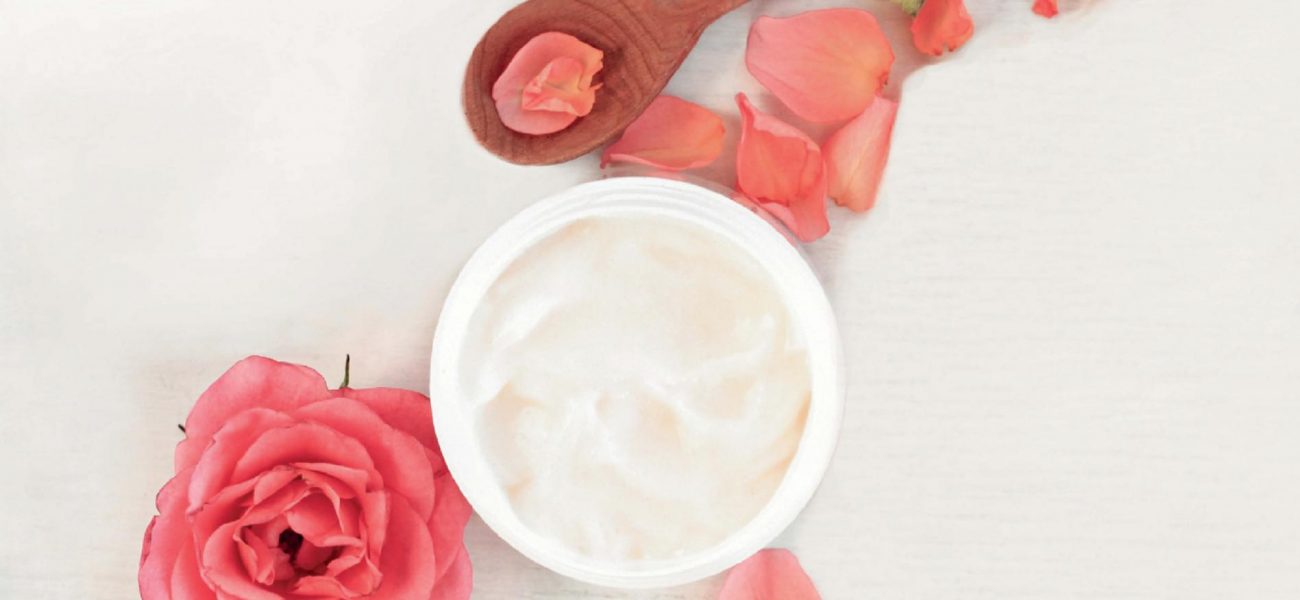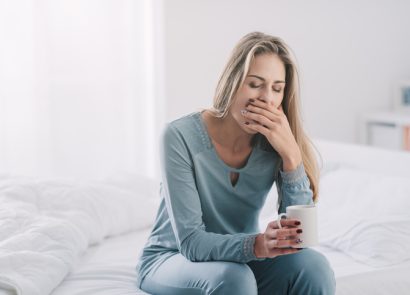You may have started buying organic veg to avoid pesticides in your food. But have you considered what you’re applying to your face? If you want to go greener with your skincare routine or avoid chemicals, organic beauty is something you should look into. If you’re not sure where to start, don’t worry. We’ve called in the skincare experts to explain why organic can be best.
What is organic beauty?
It’s all well and good saying that a product is ‘green’ but what does that actually mean? “Organic products contain ingredients from organic farming and are sourced and manufactured using ethical, sustainable and ecological methods that support our environment and protect wildlife,” explains Antonia Burrell, skin expert, celebrity facialist and natural skincare pioneer (antoniaburrell.com). This means that they don’t use genetically modified organisms, herbicides, synthetic fertilisers or any other artificial or toxic substances. “They are entirely free from the typical nasties such as parabens [preservatives used in products to extend shelflife. They have been linked to breast cancer], petrochemicals, synthetic fragrance, SLS PEGS, glycols and other synthetic chemicals, have more affinity with our skin’s microbiome to ensure that the natural flora is harmonious and working as efficiently as they should do. Also, they aren’t tested on animals.”
Why should I add organic products to my skincare routine?
“In today’s world, we are bombarded with toxins and chemicals, from our cleaning products and food to the products we use daily to cleanse and treat our skin,” says Alicia Douvall, founder of natural skincare range Douvall’s (douvalls.com). “It’s so important to reduce the amount that we’re exposed to daily as these can build up and lead to sensitivity, which can cause problems such as rashes, allergies and intolerances. While our bodies are amazing at detoxing and filtering these nasties, there is only so much they can take. Problems begin to show through your skin, mirroring what’s going on inside. This can be in the form of acne, dryness or more severe problems.” Sounds scary, but going organic where possible can help. “We now know that at least 60 percent of what we put on our skin gets absorbed into the body,” Alicia explains.
“The toxins that an average person is exposed to on a day-to-day basis, from products such as toothpaste, moisturiser and cosmetics, surpasses the recommended exposure rate. And this is all without mentioning the almost constant inhalation of pollution! On a basic level, damaged cells are what reflect poorly on our skin. Having healthy skin means that our cells don’t have to work too hard to replenish themselves. Our cells are healthier the less toxins and chemicals we put on our skin. They also have less work to do. We’re all busy and most of us can’t live off the land on a mountain, surrounded by greenery with natural spring water supplies. However, by making the healthiest choices possible and switching to organic beauty, we take one step closer to breathing in the fresh countryside air.”
Any other benefits?
There are further benefits too, as Deborah Mitchell, CEO and founder of Heaven Skincare (heavenskincare.com), explains. “Organic skincare usually means a higher quality of ingredient. Which makes the products more efficient when applied to the body. Sensitive skin tends to respond better to organic-based products as they are less likely to aggravate. We all worry about what we put in our bodies. So we should be concerned about what we put on our skin, too. By using organic products, we skip the toxins and chemicals. Keeping our skin fresh and allowing it to breathe.”
What should I look out for?
The Soil Association launched the first standards for organic cosmetics in 2002. Their certification is independent and rigorous, reviewing the entire manufacturing process from the sourcing of ingredients to the packaging. Look for the Soil Association logo on beauty products, as this means that it has been certified organic.
However, it’s important to be careful about product labels. Even if the label says ‘made with organic’ it doesn’t mean the product is organic. Instead, it means that some of the ingredients are. If in doubt, check the Soil Association website (soilassociation.org) for its list of certified brands.
Buying organic beauty products aren’t the only way you can make your makeup eco-friendly. What do you do when you’re finished with the product? Click here to find out how you can recycle your make up!




















